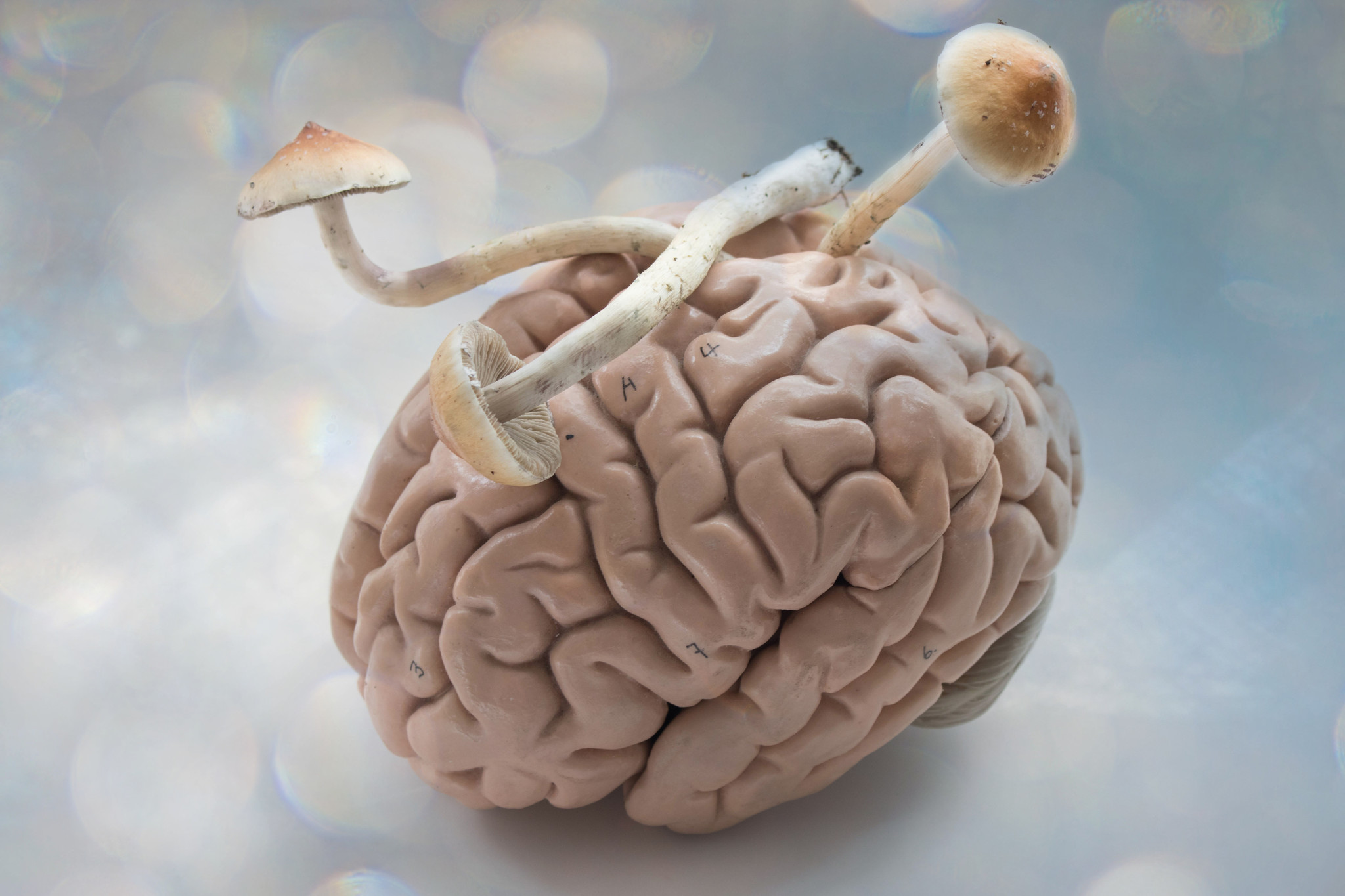Researchers in the United Kingdom
There may be some truth to the common saying that magic mashrooms will open up your mind. New research noshows that psilocybin, the psychedelic compound naturally found in some fungi, can help patients with depression by changing their brain wave - patterns.
Depression remains one of the most common and most challenging mental health concerns in the US - an estimated 21 million adults (8.4 percent of all US adults) reported a major depressive episode in 2020, according to the National Institute of Mental Health. The Covid - 19 pandemic has also triggered a 25 percent rise in anxiety and depression worldwide, according to the World Health Organization. While widely used antidepressants are a boon to many, they do not work for everyone and often have significant side effects. As many as one third of patients have "treatment - resistant" depression.
Psychedelics including psilocybin have promise in treating many mental health disorders in recent years, and a new study is among the first to begin to unravel precisely how they work.
"The brain becomes more open and flexible after a magic mushroom trip, enabling brain regions to talk more freely to one another, and the majority of these changes correlate with improvements in depressive symptoms," said study author Robin Carhart - Harrish, director of the Neuroscape psychedelics division at the University of California, San Francisco.
For the study, the researchers analyzed functional MRI brain scans from 59 people who took part in two psilocybin trials. The brain scans were taken before psilocybin therapy and either one day or three weeks after.
Doctors may need to determine which approach is better for different patients, David Nutt, head of the Imperial Center of Psychedelic Research and a senior author of the paper said. In a few years people may have a choice between taking a pill everyday or having a psychedelic experience, he said.
The brains of people with depression typically have circuits that become more isolated from each other, a condition that's linked to negative cognitive bias, rigid thought patterns and fixation regarding oneself and the future, Nutt said.
Psilocybin helped areas of the brain communicate better with one another, leading patients to experience an "emotional release," optimism, and more psychological flexibility, the study found.
The findings bode well for research on other mental illnesses. Nutt's team is currently studying the use of psychedelics for anorexia and is hoping to secure funding to test psilocybin as a treatment for addiction.





The Brief. Sign up to receive the top stories you need to know right now.